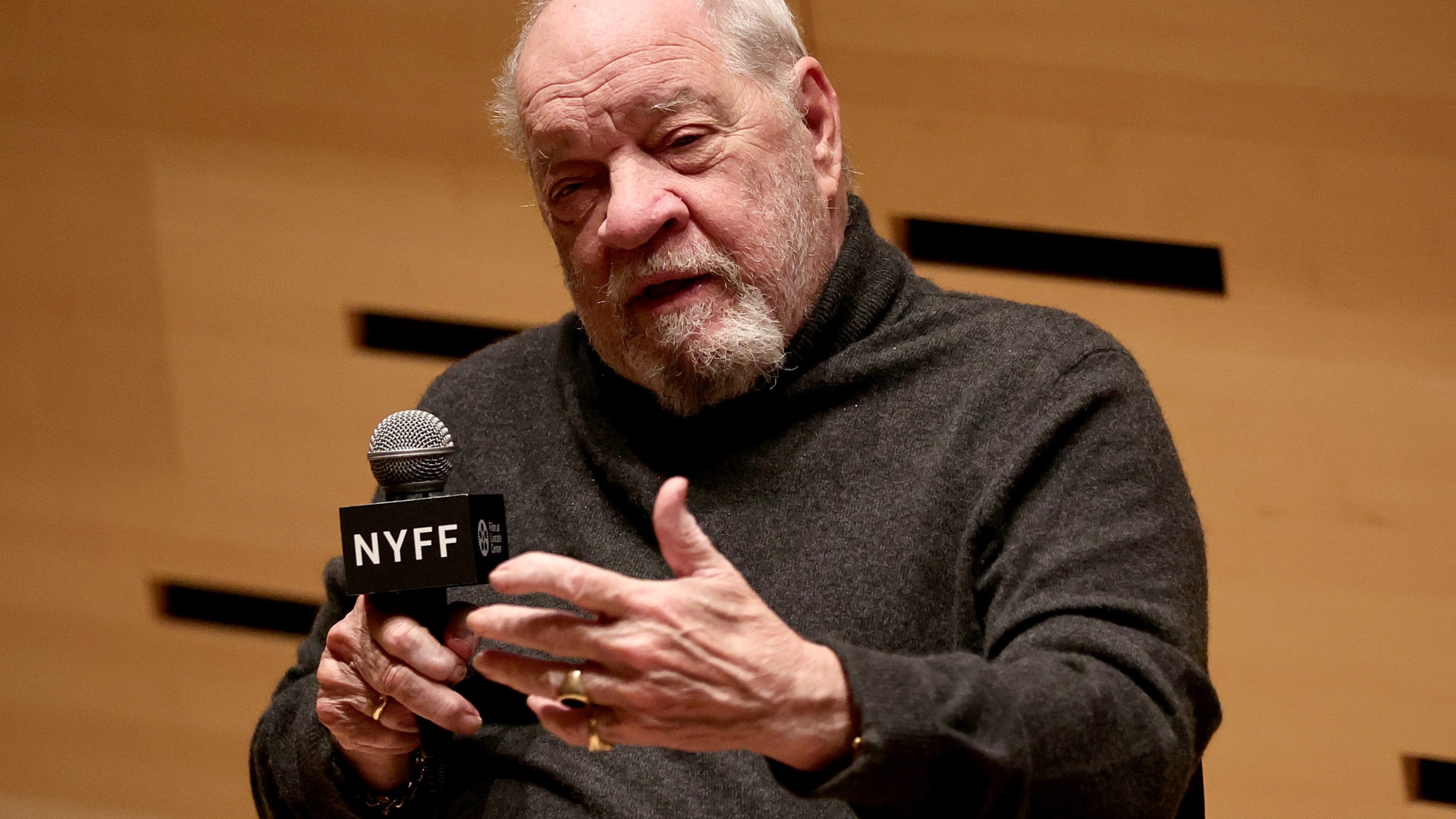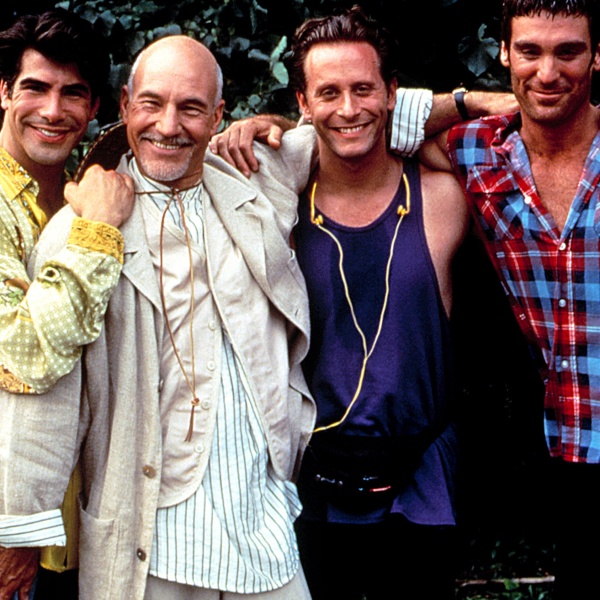Paul Schrader‘s colorful Facebook page has become a favorite resource for cinephiles in recent years, as the “First Reformed” director shares his stream-of-consciousness thoughts on everything from his Oscar ballot to “Sound of Freedom.” The former critic regularly offers his opinions on new releases as well, often posting polarizing reviews with his trademark candor.
In a new interview with The Independent, Schrader was asked about his process of reviewing movies on Facebook. Schrader defended the practice, calling it “very efficient” and suggesting that writing long-form reviews could hurt his ability to work.
“I can’t really be a film reviewer because there are things you can say that are detrimental to your career,” Schrader said, noting that he never criticizes actors or friends like Martin Scorsese on the public platform.
Schrader was asked about his recent post about Emerald Fennell’s “Saltburn” in which he quipped that the film’s decision to reverse the class dynamics of “The Talented Mr. Ripley” was “an inversion which should not work. And it doesn’t.”
“It is a bad film,” Schrader said when an interviewer mentioned his “slightly withering” review. “Instead of ‘withering’, you could say a slightly accurate review.”
Schrader’s willingness to rely on social media to voice his opinions comes after he spent the past year pointing out flaws in more conventional vehicles for film criticism. He previously said that the review aggregation site Rotten Tomatoes is unreliable because it makes it too easy for studios to artificially inflate films’ scores.
“The studios didn’t invent Rotten Tomatoes, and most of them don’t like it,” Schrader said. “But the system is broken. Audiences are dumber. Normal people don’t go through reviews like they used to. Rotten Tomatoes is something the studios can game. So they do.”
Schrader also had harsh words for the once-a-decade Sight & Sound Greatest Films of All Time list. While Schrader voted in the 2022 poll, he said he felt that the selection of Chantal Akerman’s “Jeanne Dielman, 23 Quai du Commerce, 1080 Bruxelles” was a result of a voting process that failed to reflect accurate critical consensus.
“They did two things to rig the ballot, and a third thing happened societally,” Schrader said of the latest poll. “The first was that they vastly expanded the contributors. You’ve got people who are not actual film critics weighing in on a critical poll, and the voting list goes from 500 or 600 to 2,000. That’s a big change. The second is that they’ve counted each film as equal. And then you had the #MeToo movement, which meant that everyone thought there should be a female a director on their list.”




